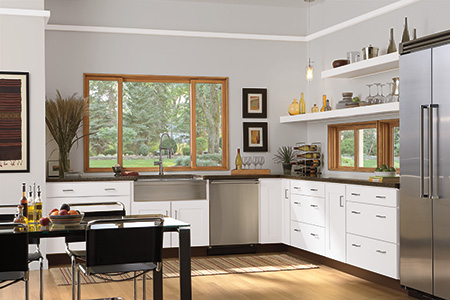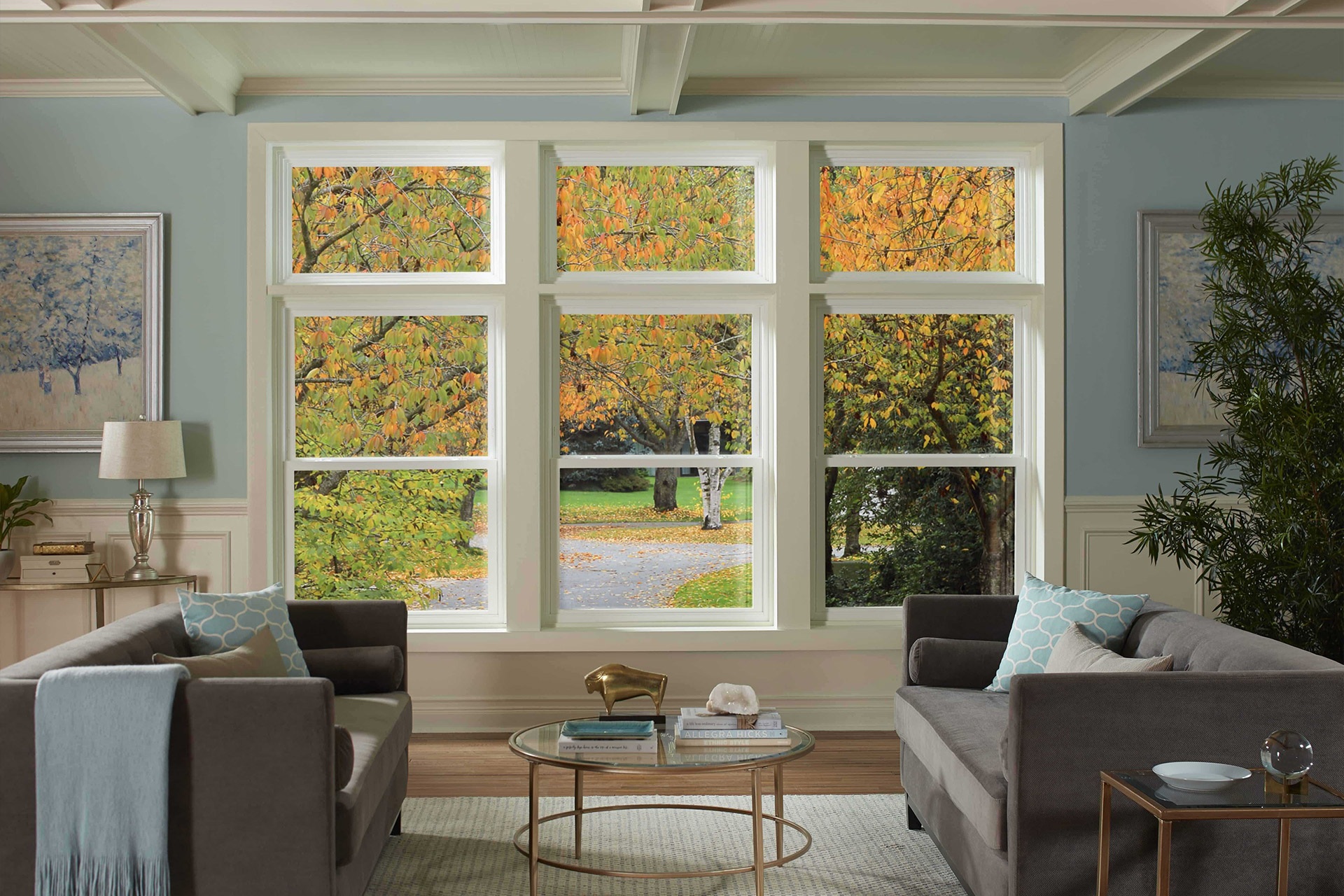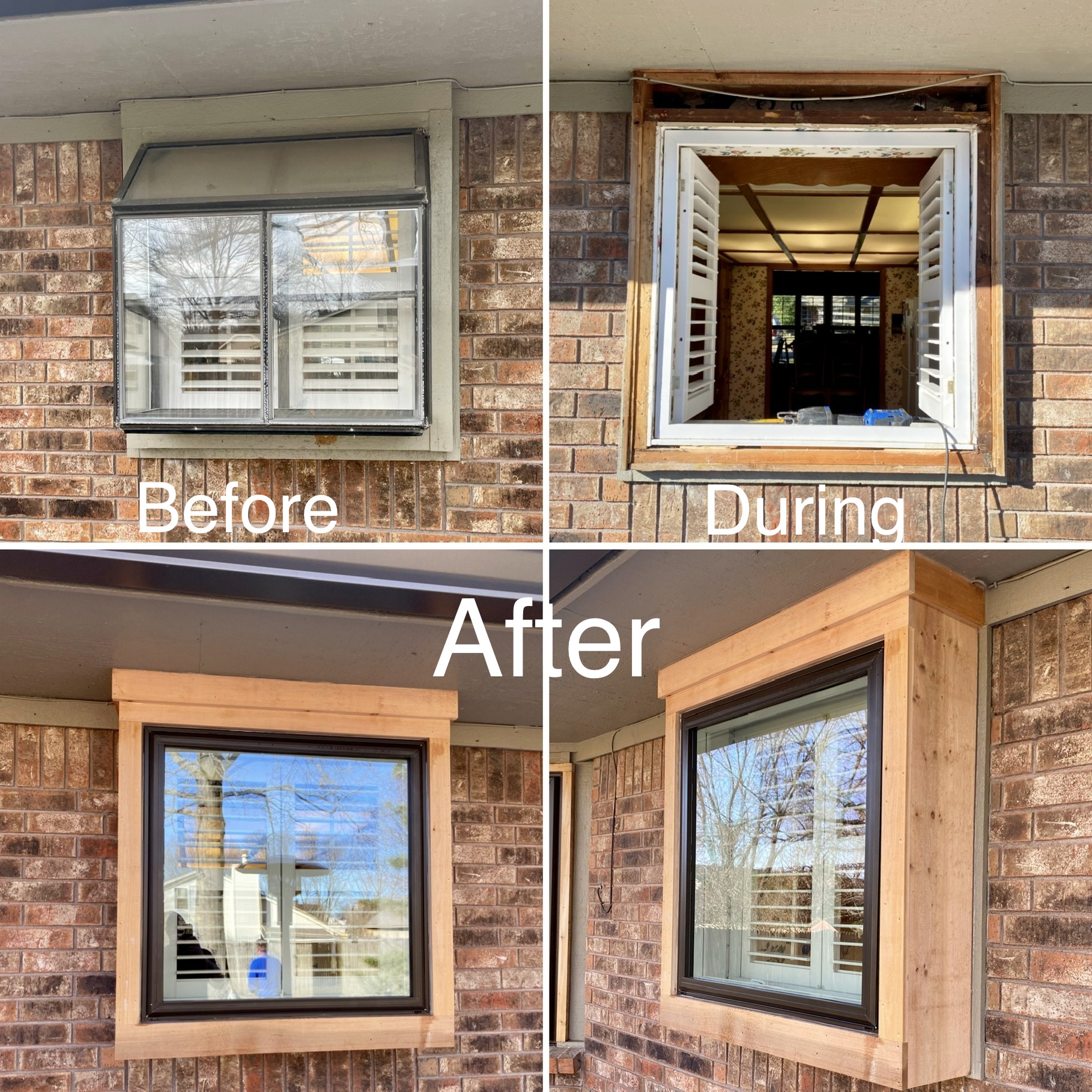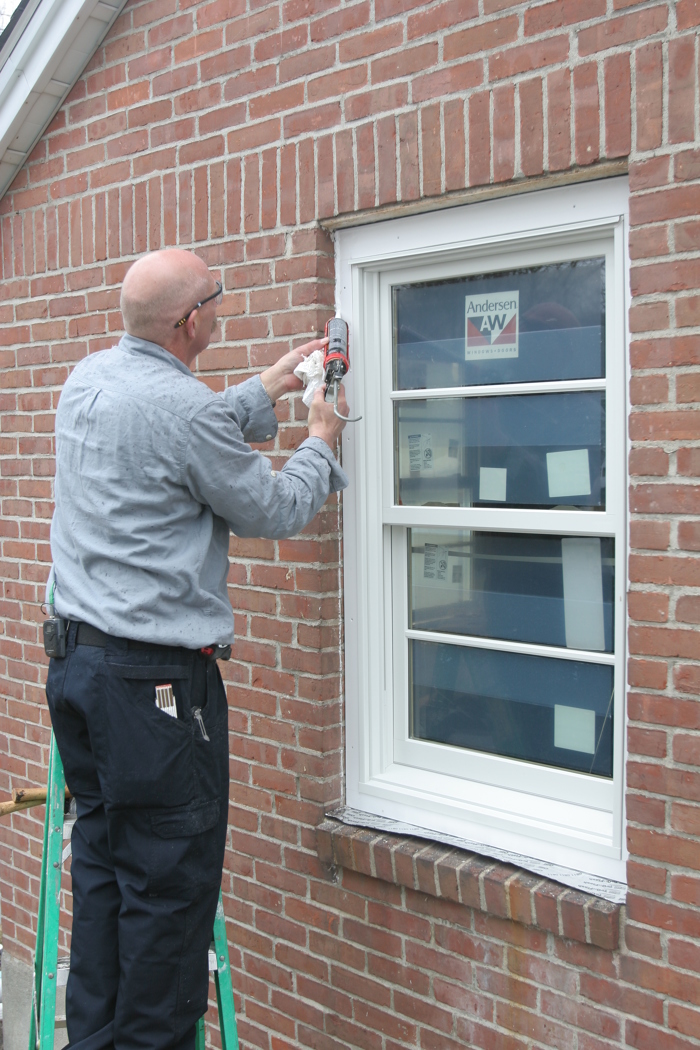Upgrade Your Home With Energy-Efficient Window Substitutes
In the world of home enhancement, the decision to update to energy-efficient home window substitutes can considerably affect both the functionality and appearances of a home. Past the surface degree of simple looks, energy-efficient home windows supply a wide range of advantages that go beyond simple aesthetic charm.
Benefits of Energy-Efficient Windows

The installment of energy-efficient home windows supplies considerable cost savings on utility costs while improving environmental sustainability. Energy-efficient windows are designed to reduce warm loss and gain, reducing the requirement for home heating and cooling systems to burn the midnight oil. By successfully shielding the home, these home windows aid keep a comfy interior temperature year-round, leading to lower energy consumption and decreased energy prices. In addition, energy-efficient windows can help control moisture levels within the home, lowering the threat of mold and mildew development.
Beyond the economic advantages, energy-efficient windows add to environmental sustainability by decreasing carbon discharges connected with power production. Overall, spending in energy-efficient windows not only boosts the comfort and performance of a home however also aligns with eco conscious techniques.
Kinds Of Energy-Efficient Glass
Various advanced sorts of energy-efficient glass deal one-of-a-kind homes that deal with different requirements and preferences in boosting the sustainability and performance of structures. Low-emissivity (Low-E) glass is a preferred option developed to lessen the quantity of ultraviolet and infrared light that can pass through the glass, consequently decreasing warm transfer. This type of glass helps preserve a regular indoor temperature, lowering the need for heating or cooling systems, and inevitably lowering energy expenses. Another cutting-edge alternative is spectrally careful glass, which allows visible light to travel through while blocking specific sorts of infrared radiation. This aids in preserving a comfy interior atmosphere while reducing warm gain. Triple-pane glass, containing three layers of glass with protecting gas in between them, provides improved thermal insulation, making it very energy-efficient. In addition, self-cleaning glass with a special finishing that damages down and loosens up dust when exposed to sunlight can decrease maintenance demands and keep home windows looking tidy. Each kind of energy-efficient glass uses distinct benefits, permitting home owners to pick the most suitable choice based upon their details needs and objectives.
Factors to Take Into Consideration When Selecting
When pondering energy-efficient window replacements, it is necessary to carefully evaluate certain aspects that align with your sustainability objectives and wanted energy savings. The U-factor procedures how well the home window protects, with lower numbers suggesting better insulation, while the SHGC suggests the window's capability to obstruct warm from sunlight. By very carefully assessing these variables, you can choose energy-efficient window and door replacement company home windows that improve comfort, minimize energy expenses, and profit the setting.
Setup and Maintenance Tips

Normal maintenance is vital to maintaining the effectiveness of your energy-efficient windows. Evaluate the home windows regularly for any kind of signs of wear, sealer, or damage degeneration. Tidy the structures, tracks, this post and glass on a regular basis utilizing light soap and water to get rid of dust and grime that can impact efficiency. Inspect the weather-stripping and seals for any kind of spaces or rips and replace them if needed to keep the windows' power efficiency.
In addition, lube relocating components such as locks and hinges to make sure smooth operation. By following these setup and upkeep ideas, you can improve the energy performance of your home and prolong the life expectancy of your energy-efficient windows.
Cost-Benefit Analysis of Upgrading

Energy-efficient windows are developed to minimize warm transfer, decreasing the requirement for home heating and cooling down systems to work overtime. This can cause significant savings on energy bills, specifically in regions with severe temperature levels. Furthermore, energy-efficient windows he said can improve the total value of your home, making it more appealing to prospective customers if you make a decision to offer in the future.
When determining the cost-benefit evaluation, consider the possible cost savings on power bills, any kind of available motivations or refunds, and the lifespan of the home windows. While the first expense may be greater, the lasting cost savings and benefits of energy-efficient windows make them a wise investment for property owners wanting to enhance their building's energy performance and value.

Verdict
In final thought, updating to energy-efficient window substitutes uses numerous advantages such as reduced energy consumption, boosted convenience, and cost financial savings. By picking the proper type of energy-efficient glass and considering elements like framework product and installment, home owners can maximize the efficiency of their home windows.
When pondering energy-efficient home window replacements, it is essential to very carefully assess certain elements that straighten with your sustainability objectives and wanted power financial savings. The U-factor procedures exactly how well the home window insulates, with lower numbers suggesting much better insulation, while the SHGC indicates the home window's capacity to obstruct warmth from sunlight. By meticulously assessing these elements, you can pick energy-efficient windows that boost comfort, decrease power expenses, and profit the atmosphere.
While energy-efficient home windows might have a greater ahead of time expense compared to conventional home windows, the lasting advantages commonly outweigh the first financial investment.In conclusion, updating to energy-efficient home window replacements supplies countless advantages such as reduced power consumption, increased comfort, and expense savings.